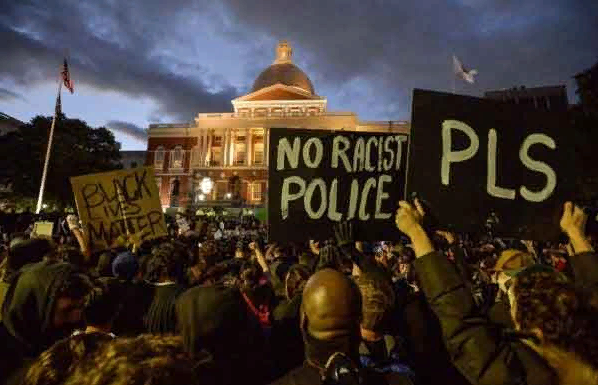Progressive groups in the United States point out the need to create institutions that internally ensure respect for human rights in the country, just as the final day of the so-called Democracy Summit is being held today.
Representatives Rashida Tlaib, Ilhan Omar and Katie Porter, requested through a letter to the Biden administration to value the creation of a national institution that supervises and promotes the enjoyment of the prerogatives inherent to each person.
“America must be a role model in protecting human rights, and that work begins here at home,” Porter said about the request.
Other signatories to the letter are Democratic representatives James McGovern, Cori Bush, Jill Tokuda, Jamie Raskin, Ayanna Pressley and Eleanor Holmes Norton.
The letter asks the executive branch to form a commission to study the creation of a National Institute of Human Rights, and joins a coalition of 85 groups, led by the American Civil Liberties Union (ACLU), which advocates for the same objective.
According to Jamil Dakwar, director of human rights for the ACLU, although the United States constantly claims to support the defense of human rights and democracy abroad, it often does not practice at home what it preaches abroad, and neglects the conversion of their own international dictates on domestic policies. For too long, he argued, the country has been an embarrassing outlier.
He added that the creation of the requested body would bring a much-needed structure, and would help put the United States in line with international standards on the subject, and on the path to full compliance with ratified treaties.
The second edition of the Summit for Democracy, which is currently taking place in this capital, brings together world leaders who are liked by Washington in virtual and face-to-face formats. Among its main themes are the challenges to responsible and transparent governance, conflicts, climate change and technological transformation.
For some political observers, however, these objectives are relegated to other purposes that are not manifest but latent in the meeting, such as provoking animosity towards Russia and China.


